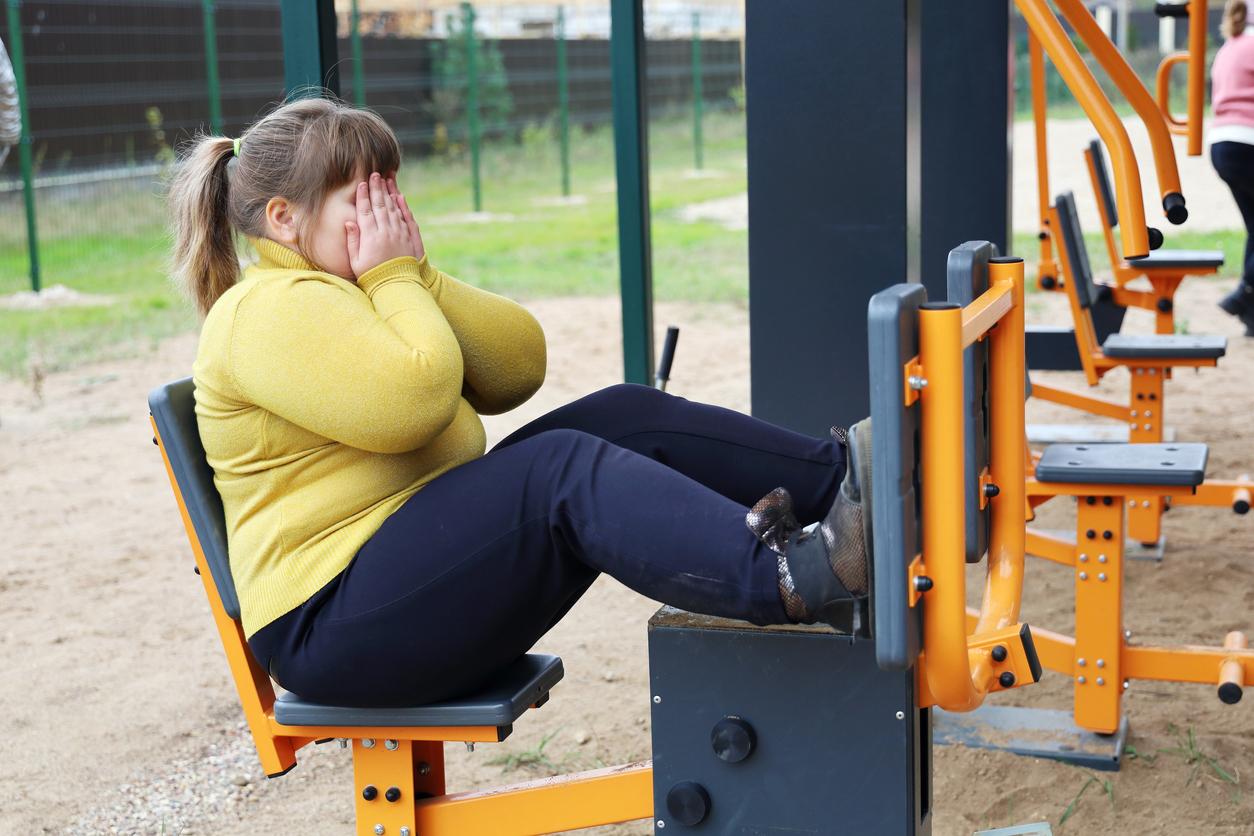Being bullied as a child could lead to negative health effects, leading to chronic stress, increased risk of heart disease and diabetes in adulthood, according to results of a study published in the medical journal Harvard Review of Psychiatry.
Researchers from the Mayo Clinic in the United States have published their findings on the effects of childhood bullying on health.
“Bullying is a form of chronic social stress, which can have significant health consequences if not addressed quickly,” says Dr Susannah Tye, lead author of the study. “We encourage child health professionals to detect this form of bullying and to assess the physical health effects of bullying.”
Psychological and physical disorders
Children who were bullied showed:
-an increased risk of psychiatric disorders,
-increased rates of various physical symptoms,
-development of chronic social stress
-changes in inflammatory, hormonal and metabolic responses.
Over the long term, these physiological changes can promote the development of illnesses, including depression, diabetes and the heart disease but also the worsening of psychiatric disorders.
-changes in their ability to cope with future stress.
“Addressing bullying and victimization should be part of the clinical care for children in the school doctor,” says Dr Susannah Tye. “Asking questions about bullying is a concrete first step in intervening to prevent traumatic exposure and reduce risk to children. »
Read also:
Homophobia at the heart of school bullying
School bullying: a silent reality that can lead to suicide
Bullying at school: it affects children’s sleep


















